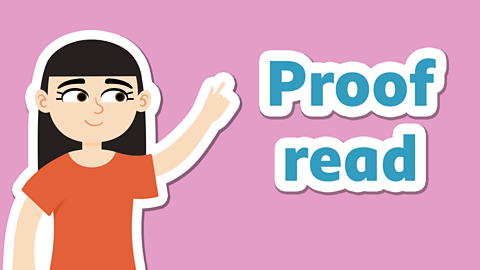Watch: What are autobiographies and biographies?
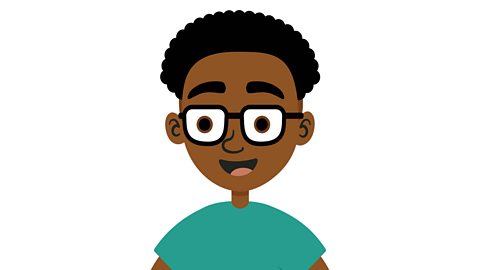
Biographies and autobiographies are both types of non-fiction stories about someoneÔÇÖs life.
They are both based in fact but there are some key differences between them.
Watch this video in which teacher Mr McPartlin explains the differences. Listen carefully and join in with the activities.

What are the differences between biographies and autobiographies? Watch this Teacher Talk to find out.
Similarities and differences
Time for a recap on those similarities and differences!
Similarities
Both biographies and autobiographies:
tell the story of someoneÔÇÖs life
are written in the past tense
follow chronological order (the order in which things actually happened)
are non-fiction
Differences
| Biography | Autobiography |
|---|---|
| Written by a person about someone elseÔÇÖs life. | Written by a person about their own life. |
| Written in third person (he/she/they) | Written in first person (I) |
Examples
To see some examples, watch the first minute of each of these clips.
The first clip is written as a biography of activist Rosa Parks and the second clip is written as if it were an autobiography. Can you spot the differences?
Watch: Rosa Parks biography example
We use buses every day to go to school or into town. It's not unusual, but this story is about a bus journey that changed millions of lives.
Let's go to America, in 1955, to Montgomery in the southern state of Alabama.
There, when a woman called Rosa Parks refused to give up her seat, a bus journey became very important.
Rosa's refusal was a protest about racism against black people. Racism is when someone thinks youÔÇÖre not as good as them because the colour of your skin or your race is different to theirs, so they treat you differently.
At that time, southern states in America, had something called ÔÇÿsegregationÔÇÖ. This meant people of different skin colours had different schools, restaurants, even toilets.
Segregation happened on buses too.
One day, Rosa was in a seat for black people, but white people's seats were full. The bus driver wanted Rosa to give her seat to a white person, but Rosa said no!
Rosa was a member of a civil rights group which fought for black and white people to be treated the same.
She was arrested and taken to jail for a few hours.
Rosa didn't fight alone, people organised a bus boycott, which meant they stopped using buses for a year. They walked instead. This bus company lost a lot of money. The boycott was a peaceful stand against racism.
Judges eventually said having separate black and white parts of buses was not allowed.
"Hello, friends of freedom. It's a wonderful day and let us be thankful we have reached this point and we will go farther from now to greater things. Thank you!"
Today, Rosa Parks is remembered as an ordinary woman who took a stand to help black people in America be treated fairly. To be treated the same as whites.
Watch: Rosa Parks autobiography example
The life of Rosa Parks, in her own words.
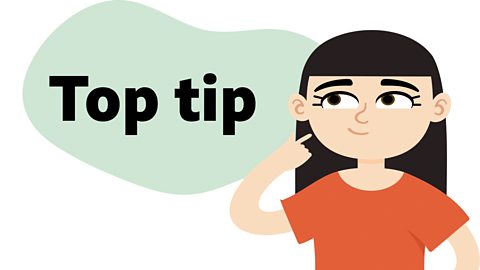
Top tip!
Autobiographies tell you more about the personÔÇÖs thoughts and feelings, however they may not always give you the full picture about someoneÔÇÖs life.
If the person telling the story doesn't want to mention things that don't make them look good, they could just miss them out!

Activity 1
Complete this true or false quiz about biographies and autobiographies.
Activity 2
Click on the image below to read a biography from Bitesize KS2 History about the famous fossil hunter Mary Anning.
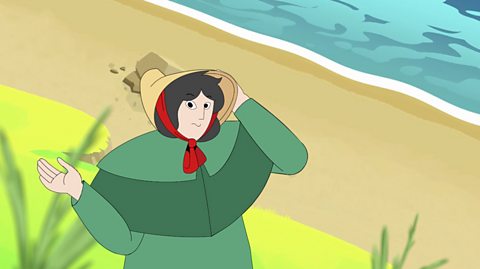
Imagine the same story, but told by Mary Anning herself. How would it be different? What would Mary's thoughts and feelings be?
Re-write the story as if you were Mary writing your autobiography.
Use this sentence to start you off:
My name is Mary Anning and I was born on the 21 May, 1799.
Activity 3
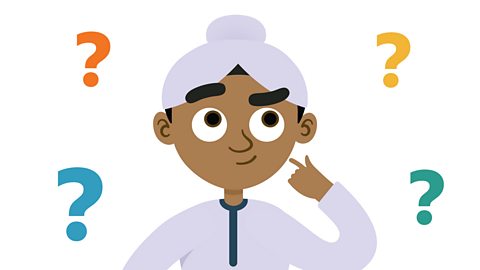
You don't have to be famous to write an autobiography! People in the future will be very interested in the life you are leading right now.
If you could write a letter for someone in the future, what would you tell your reader?
You could mention:
the things you do in your daily life
the things you like and that you are interested in
the changes you have seen in your life in the last year
your thoughts and feelings about what has happened to you
You could start your autobiography with these words:
Dear Reader Of The Future,
It has been an interesting and unusual year

Top tip!
When you have written your autobiography, you could make a copy and hide it somewhere.
Perhaps, in hundreds of yearsÔÇÖ time, someone will find it and discover what it was like to be you, today!
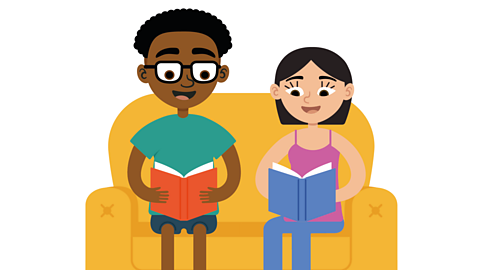
Challenge
Have you ever read a biography or autobiography?
Lots of famous people from history, or even those alive today, have written or had books written about their lives.
Why not see if you can find an autobiography or biography of your favourite pop star, sports star or celebrity to read?

Play our fun English game Crystal Explorers. gamePlay our fun English game Crystal Explorers
Use grammar, punctuation and spelling skills to explore jungles, caves and tombs on your mission!

More on Non-fiction
Find out more by working through a topic
- count14 of 18
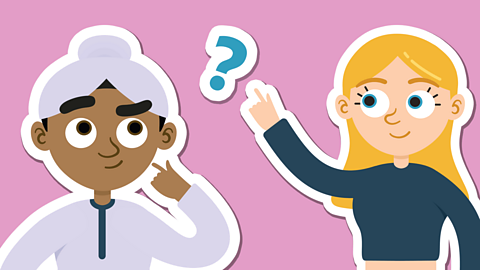
- count15 of 18
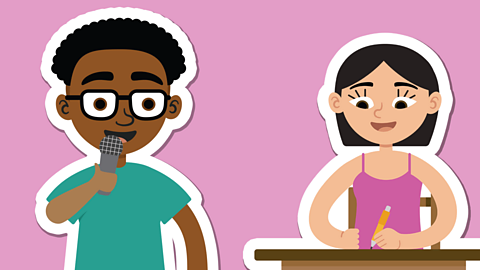
- count16 of 18
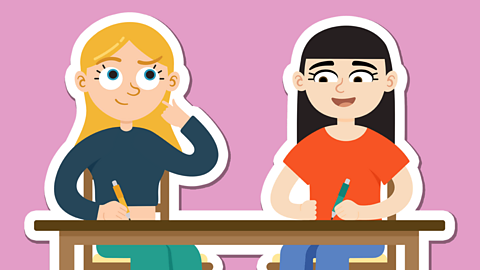
- count17 of 18
